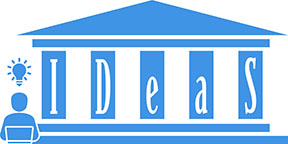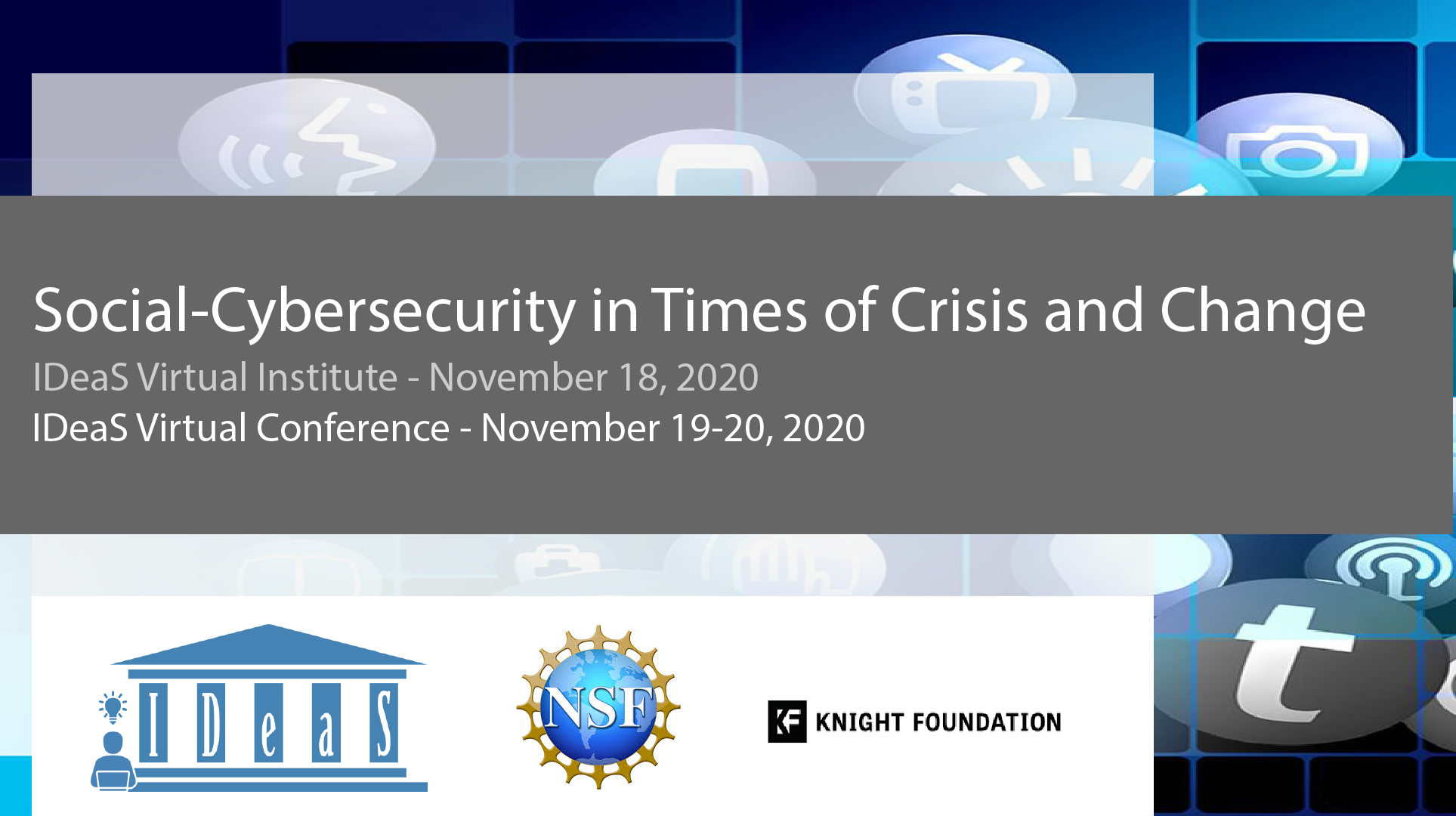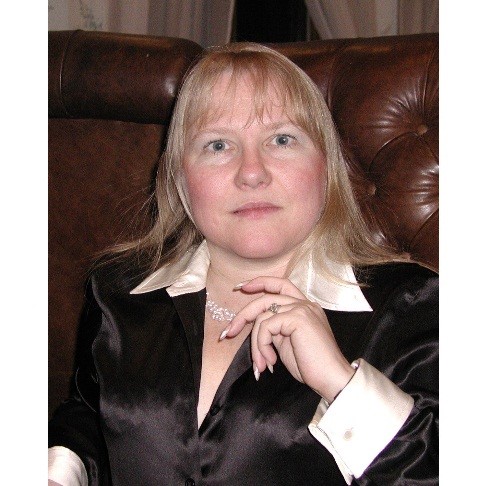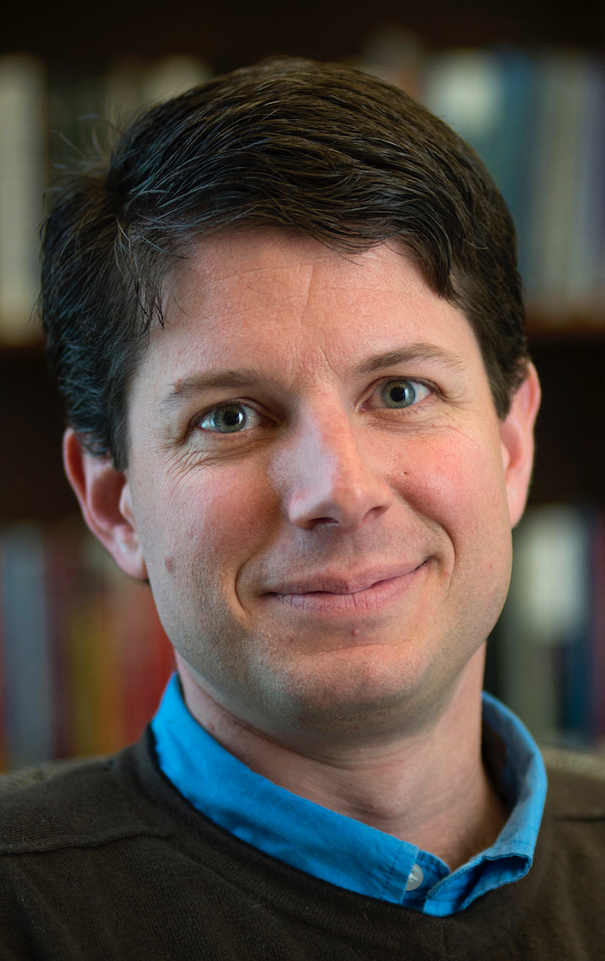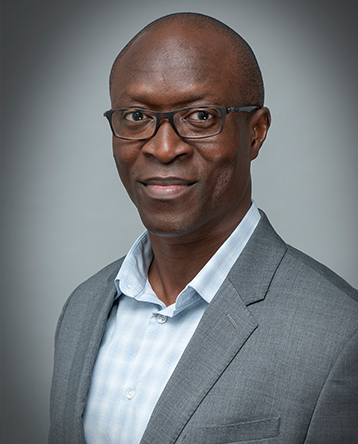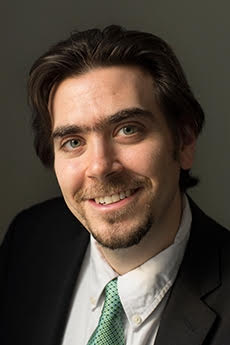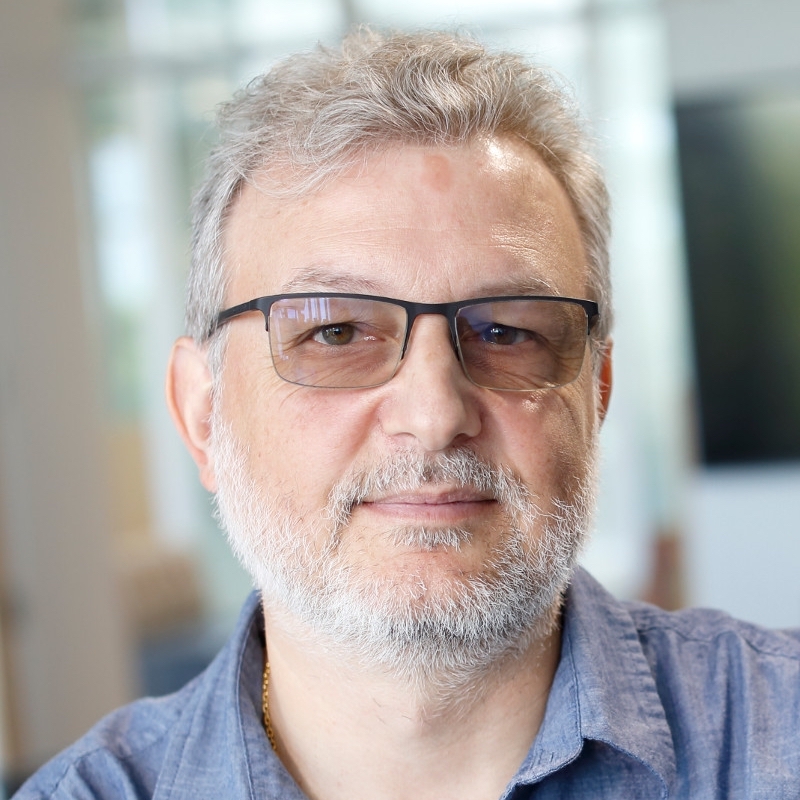2020 has been a year marked by worldwide crises and changes, including a global pandemic, efforts to increase social justice, nation-shaping elections, massive wildfires and other environmental events, to name just a few. These crises and changes—in particular, their social dimensions—have been directly impacted and shaped by disinformation, influence campaigns, and other efforts to undermine people’s understanding and autonomy.
We will hold a special virtual conference on Social-cybersecurity in Times of Crisis and Change this November 2020. This conference aims to advance the science of social-cybersecurity through research and applications that address two questions. How does the unprecedented scale of false information and its spread impact human activity in times of crisis and social change? And, what are the mechanisms that enable or contain the spread of false information during these times?
The institute and conference charge no registration fee but registration is required.
Conference Highlights:
- The virtual institute will include: invited panels, virtual posters, regular talks and tutorials.
- "Selling Lies" with director Leslie Iwerks
- Special Double Panel on Disinformation, Social Cybersecurity: The Path Ahead
- The challenge of deepfakes and manipulated content - Panel and Q&A
- IDeaS Knight Fellows
Institute & Conference Agenda
**tentative, all times US Eastern
last update Tuesday November 17th 2:05pm
IDeaS Institute: Wednesday November 18th
Live and Taped Tutorials are offered
This is a free event
Taped Tutorials will be available beginning at 9 am on November 18th through November 21st.
Following is the schedule for live tutorials. Additional information on the tutorials are below.
| 10:20am | Critical thinking and resilience - Dr. David Danks |
| 1:00pm | Social Influence Campaigns - Dr. Kathleen M. Carley |
| 3:00pm | Deepfakes and synthetic video - Dr. David Danks |
| 4:30pm | Introduction to Network Analytics for Social Media - Jeff Reminga |
- Social Influence Campaigns (live on November 18th)
- Facebook and Reddit Data in ORA (pre-recorded)
- Networked Time Series Analysis and Clustering (pre-recorded)
- Introduction to ORA (pre-recorded and live session on November 18th)
- Critical Thinking and Resilience (live on November 18th)
- Deepfakes and synthetic video (live on November 18th)
IDeaS Conference Day 1: Thursday November 19th
8:45am - 10:45 am: Polarization and Hate Speech
| Social Media, News, Polarization, and Disinformation In Times Of Crisis: A Case Study On Turkey | Baris Kirdemir, Nitin Agarwal |
| War on “Fact Check” -- the Path to Magic 270 | Rodrigue Rizk, Dominick Rizk, Vijay Srinivas Tida, and Sonya Hsu |
| Visualizing Vitriol: Hate Speech and Image Sharing in the 2020 Singaporean Elections? | Joshua Uyheng, Lynnette Hui Xian Ng, and Kathleen M. Carley |
| From Xenophobia to Political Confrontation: Shifting Online Discussions of Racism During the COVID-19 Pandemic | Joshua Uyheng, Daniele Bellutta, and Kathleen M. Carley |
| Utilizing Topic Modeling and Social Network Analysis to Identify and Regulate Toxic COVID-19 Behaviors on YouTube | Adewale Obadimu, Tuja Khaund, MaryEtta Morris, Esther Mead, and Nitin Agarwal |
10:45am - 11:00am: Break
11:00am - 12:10pm: Emerging Technologies and Techniques 1
| Human-Aware Interdisciplinary Models to Identify and Understand Disinformation | Kai Shu and Huan Liu |
| Unsupervised Characterization of State-Sponsored Twitter Information Operations with Multi-view Clustering? | Joshua Uyheng, Iain Cruikshank, and Kathleen M. Carley |
| Designing Assistive AI Technologies to Support Human Judging of Information Reliability | Matthew Lease |
12:10pm - 12:40pm: Lunch Break
12:40pm - 1:50pm: Emerging Technologies and Techniques 2
| Cultural Convergence: Insights into the behavior of misinformation networks on Twitter | Liz McQuillan, Erin McAweeney, Alicia Bargar, and Alex Ruch |
| Analysis of evolution of meme trends on 4chan.org's /pol/ board via image clustering | J. Jin, E. Williams, S. Lam, O. Savas, E. Hohman, M. Bosch-Ruiz and P. Rodrigues |
| Designing a Training Game to Fight Misinformation on Social Media | Catherine King and Christine Sowa |
1:50pm - 2:00pm: Break
2:00pm - 3:00pm: "Selling Lies" Panel
Moderated by IDeaS Co-Director David Danks, we will screen the 30 min feature "Selling Lies" and have a Q&A with the director Leslie Iwerks.
3:00pm - 3:15pm: Break
3:15pm - 5:00pm: Special Double Panel on Disinformation - Part 1
- David A. Broniatowski (George Washington University)
- Conrad Tucker (Carnegie Mellon University)
From Generative Neural Networks to Social Media Networks: Ascertaining the Veracity of Data in the Information Age
Ascertaining the veracity of data in the information age is a challenge both for humans (e.g., communicating within social media networks) and machines (e.g., training data for artificial neural networks). A lack of data veracity has the potential to “fool” both machines, as well as humans into achieving different outcomes/output. From a machine learning perspective, “fooling” a machine has had a positive impact in the development of algorithms such as generative adversarial networks (GANs), and has resulted in the ability of machines to generate hyper-realistic data such as images, 3D geometries, and text. However, adverse effects can be observed in large-scale social media networks, where the veracity of data cannot be quickly ascertained. Misinformation that is spread via social media networks can result in echo-chambers, lone communities that facilitate selective content diffusion as a result of user polarization. Ironically, this misinformation can now be reliably generated using machine learning algorithms such as GANs. Our research focuses on developing methods to both generate high quality data, and safeguard against data exploitation. Several application domains are explored including product design and development, healthcare physiology state estimation, and STEM education.
- Mike Fulk (MITRE)
5:00pm - 5:15pm: Break
5:15pm - 6:25pm: ReOpen America
| ReOpen demands as public health threat: a sociotechnical framework for understanding the stickiness of problematic content | Francesca Bolla Tripodi |
| Information Processing on Social Media Networks as Emergent Collective Intelligence | Martin Smyth, Cody Buntain, Debra Dwyer, Joseph Finn, Jason Jones, Joshua Garland, and Michael Egan |
| Exploring Opposing Twitter Activity during the Early Anti-Lockdown Protests | Matthew Babcock |
IDeaS Conference Day 2: Friday November 20th
8:45am - 9:55am: COVID Conspiracies and Disinformation 1
| Hunting Conspiracy Theories During the COVID-19 Pandemic | J.D. Moffitt |
| Systems Thinking and Modeling in Social Networks: A Case Study of Controlling COVID-19 Conspiracy Theories | Mustafa Alassad, Muhammad Nihal Hussain, and Nitin Agarwal |
| A Fine-Grained Analysis of Misinformation in COVID-19 Tweets | Sumit Kumar, Raj Ratn Pranesh, and Kathleen M. Carley |
9:55am - 10:05am: Break
10:05am - 11:35am: Interventions
| Trust & Safety team: A 2020 Census Initiative to Mitigate the Impact of Misinformation on Civic Activities | Stephen Buckner and Zack Schwartz |
| Truth Finding in Response to Misinformation | Ebrahim Bagheri |
| Social Media Users' agency in Online Misinformation Sharing | Wen-Ting Chung and Yu-Ru Lin |
| Multi-modal False Information Detection for Combating COVID-19 Infodemic | Kaize Ding, Qianru Wang, Ujun Jeong, Bohan Jiang, and Huan Liu |
|
The Effect of Twitter User’s Commenting Behavior on the Propagation of COVID-19 Misinformation |
Muheng Yan, Yu-Ru Lin, and Wen-Ting Chung |
11:35am - 12:15pm: Lunch Break
12:15pm - 2:00pm: Deepfakes Panel “The challenge of deepfakes and manipulated content”
- Sam Gregory (WITNESS)
- Claire Leibowicz (Partnership on AI)
- Steven Tiell (Accenture Labs)
2:00pm - 2:15pm: Break
2:15pm - 4:00pm: Special Double Panel on Disinformation - Part 2
- David A. Mussington (University of Maryland)
- Filippo Menczer (Indiana University)
As social media become major channels for the diffusion of
news and information, it becomes critical to understand how the
complex interplay between cognitive, social, and algorithmic biases triggered by our reliance on online social networks makes us vulnerable to manipulation and disinformation. This talk overviews ongoing network analytics, modeling, and machine learning efforts to study the viral spread of misinformation and to develop tools for countering the online manipulation of opinions.
- Kathleen M. Carley (IDeaS Center, Carnegie Mellon University)
4:00pm - 4:10pm Break
4:10pm - 5:15pm COVID Conspiracies and Disinformation 2
| Studying the Dynamics of COVID-19 Misinformation Themes | Thomas Marcoux, Esther Mead, and Nitin Agarwal |
| Divide in Vaccine Belief in COVID-19 Conversations: Implications for Immunization Plans |
Aman Tyagi |
| COVID 19, Misinformation and The African American Community | Kellon Bubb |
5:15pm - 5:25pm Break
5:25pm - 6:35pm: Protests
| Detecting Coordinated Behavior in the Twitter Campaign to Reopen America | Thomas Magelinski and Kathleen M. Carley |
| False Claims Hurt: Examining Perceptions of Misinformation Harms during Black Lives Matter Movement | Thi Tran, Rohit Valecha, and H. Raghav Rao |
| Modeling Protester Orchestration through Connective Action: A COVID-19 Lockdown Protest Case Study | Billy Spann, Oluwaseun Johnson, Esther Mead, and Nitin Agarwal |
Moderators and Panelists:
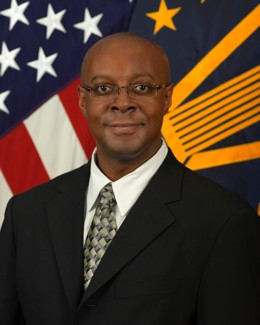
Dr. David Mussington is the Director of the Center for Public Policy and Private Enterprise and Professor of the Practice at the University of Maryland School of Public Policy. He is also a non-Resident Senior Fellow of the Center for International Governance Innovation. Dr. Mussington was an Assistant Director of the Information Technology and Systems Division at the Institute for Defense Analyses (IDA). While at IDA, he led innovative projects on critical infrastructure cybersecurity, information sharing and military cyber doctrine. Additionally, he developed research partnerships with NATO, conducted an evaluation of cybersecurity information sharing programs for the US Department of Homeland Security and directed an analysis for the Office of the Director of National Intelligence of federal information security reporting standards and metrics. Dr. Mussington worked at the White House on the Obama Administration National Security Council Staff as Director for Surface Transportation Security Policy. He holds a PHD in Political Science from Carleton University and B.A. and M.A. degrees in Economics and Political Science from the University of Toronto.
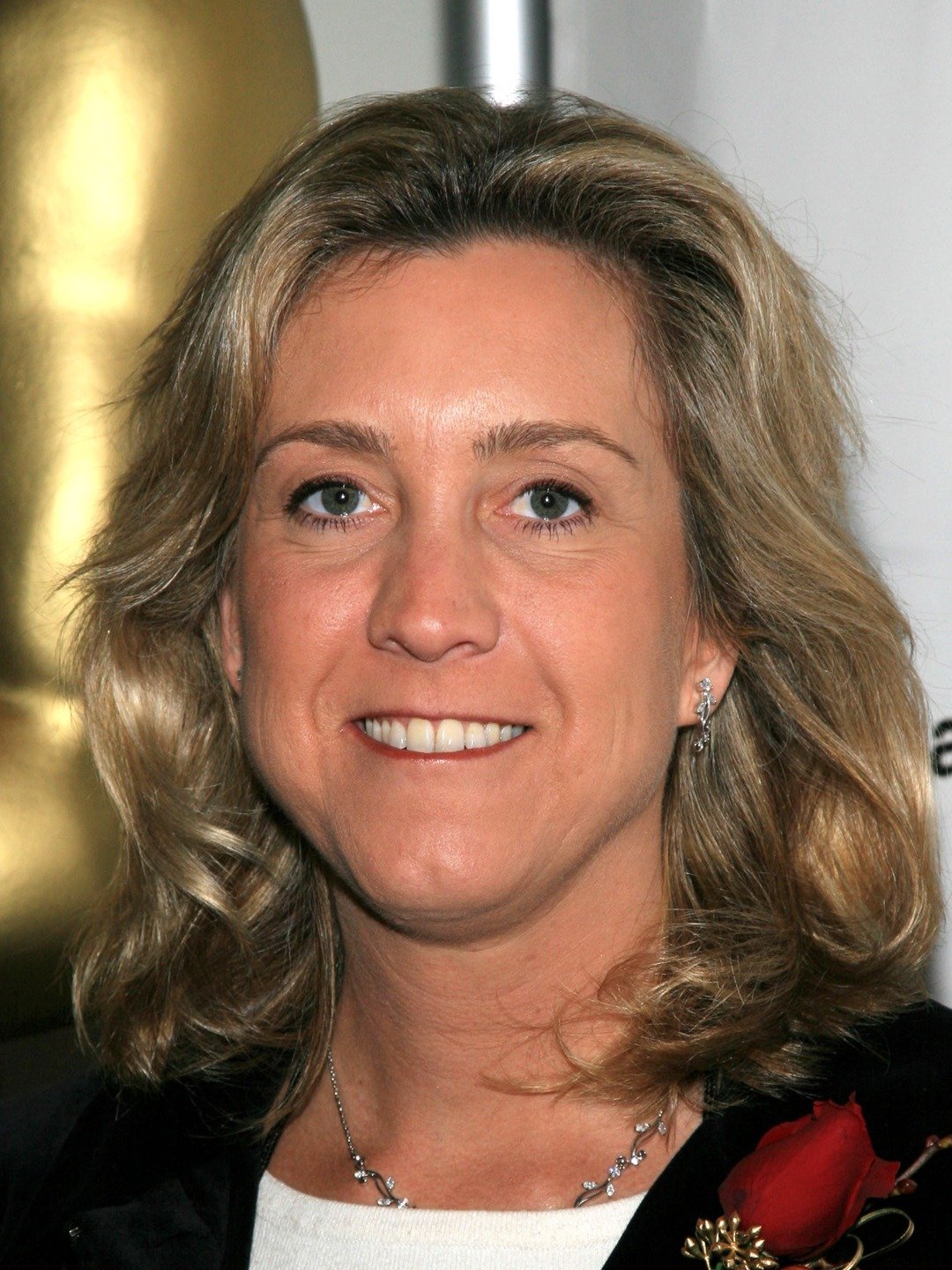
Leslie Iwerks is an Academy Award® and Emmy® nominated director and producer who currently serves as the CEO and Creative Director of Iwerks & Co., a Santa Monica based multimedia production company.
Iwerks creates critically acclaimed and award-winning documentaries, features and series that celebrate the genius, risks and rewards of creative visionaries, showcase heartfelt human tales, from the depths of the Guatemalan garbage dumps to the toxic tar sands of Alberta, Canada, and that document the human story of innovation and enterprise globally. An adventure and travel enthusiast, Iwerks has filmed on all seven continents around the world.
Her body of work encompasses feature films, such as The Pixar Story, Citizen Hearst, Industrial Light & Magic: Creating the Impossible, The Hand Behind the Mouse: The Ub Iwerks Story and League of Legends Origins, acclaimed environmental documentaries, including Recycled Life, Pipe Dreams and Downstream, and most recently, the in-depth docuseries, The Imagineering Story, which debuted on Disney+ in 2019.
Iwerks’ desire to innovate and push boundaries with her filmmaking has been cultivated and inspired by her family upbringing, as her grandfather, Ub Iwerks, was the original designer and co-creator of Mickey Mouse and a multi Academy Award®-winning visual effects pioneer, and her father, Don Iwerks, is also an Academy Award® winner for Technical Lifetime Achievement, and the founder of the large format film company, Iwerks Entertainment, which has built Iwerks large format theaters and projections systems in over 200 theaters around the world.

